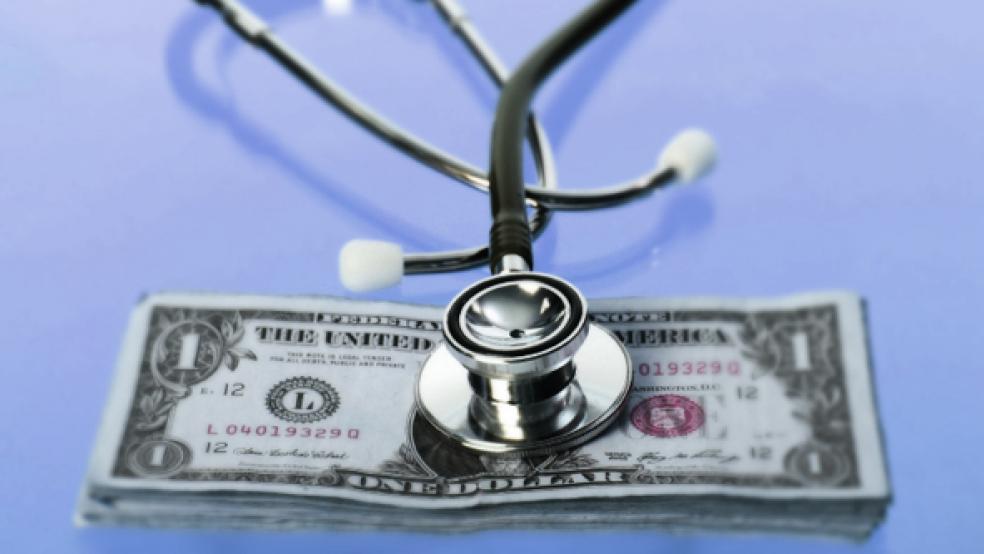Much has been made about the often cozy relationship between the pharmaceutical industry and doctors who are hired to research and vouch for expensive new brand name drugs.
Last year, a study by the independent publication ProPublica revealed that physicians who receive payments from major drug and medical device manufacturers were far more inclined to prescribe brand name medications than doctors who don’t accept payments, gifts or other honoraria. A subsequent study published by JAMA Internal Medicine made the astounding finding that U.S. doctors who received a single meal from a pharmaceutical company were more likely to prescribe that company’s newer, costlier drugs than would other doctors.
Related: Can Big Pharma Actually Buy a Doctor’s Allegiance for a $20 Meal?
While few would suggest that a reputable physician would intentionally prescribe a costlier prescription drug for patients than was needed in exchange for a free lunch from Big PhRMA, the research raised important questions about how money can consciously or subconsciously sway the judgment of professional health care providers.
Now a new study published Wednesday in the New England Journal of Medicine is raising similar ethical questions about whether the nation’s largest patient advocates have come under the sway of the deep-pocketed pharmaceutical industry. Eighty-three percent or more of the nation’s 104 largest patient advocacy groups accepted substantial contributions from the drug, medical device, and biotech industries in 2014, according to the new findings.
These high-profile advocacy groups promote research and development of new drugs for the treatment of cancer, heart disease, Alzheimer’s, HIV and other serious diseases. Ostensibly, they are also attempting to influence the drug industry to make prices more affordable. Most of these groups accept funding from major pharmaceutical companies, and many fail to report any of those contributions.
Related: Doctors Who Take Money from Drug Companies Prescribe More Expensive Drugs
The study highlights the dilemma for many of these groups, which each reported receiving more than $7.5 million in annual revenues during 2014. While these groups are campaigning and lobbying for the most effective and least costly care for the patients they represent, most of them couldn’t effectively function without some financial assistance from the pharmaceutical industry.
The National Hemophilia Foundation, for instance, received somewhere between $8.5 million and $14 million of the group’s $16.8 million annual budget from corporate donors in 2014, according to the study, while the American Diabetes Association disclosed receiving more than $28 million in drug industry funding in 2014 – or roughly 15 percent of its budget.
Yet by accepting millions of dollars from the drug industry, officials of these and other advocacy groups may feel compelled to soften or carefully tailor their positions on drug pricing and marketing practices or the need for faster Food and Drug Administration approval of new drugs to avoid offending their drug industry benefactors. Moreover, in nearly 40 percent of the cases studied, drug industry executives actually sat on the governing boards of the advocacy groups, helping to shape the groups’ policies.
Related: How Drug Companies Are Scrambling to Respond to Pressure Over Soaring Prices
Matthew McCoy of the University of Pennsylvania’s Department of Medical Ethics and the primary author of the study told Kaiser Health News that patient advocates have an inherent conflict of interest in lobbying policy makers without disclosing the financial assistance they are receiving from the drug industry. “The ‘patient’ voice is speaking with a PhRMA accent,” he said.
Holly Campbell, a spokesperson for the Pharmaceutical Research and Manufacturers of America, the principal drug industry trade organization, said its members did not expect patient groups to agree with them on every issue. “We work with many organizations with which we have disagreements on public policy issues, including on prescription medicine costs, but believe engagement and dialogue are critical,” she said.





